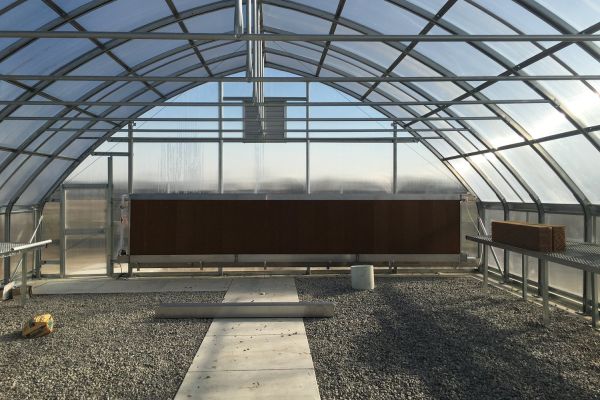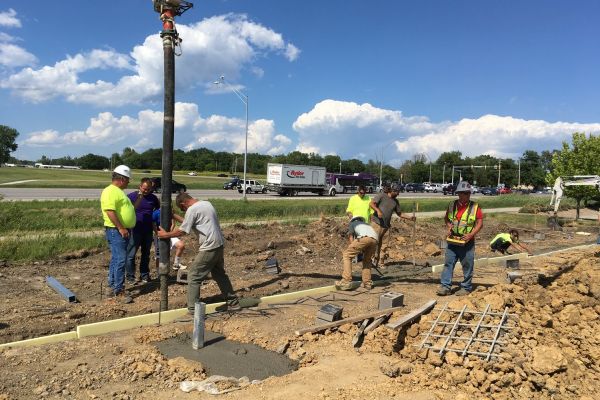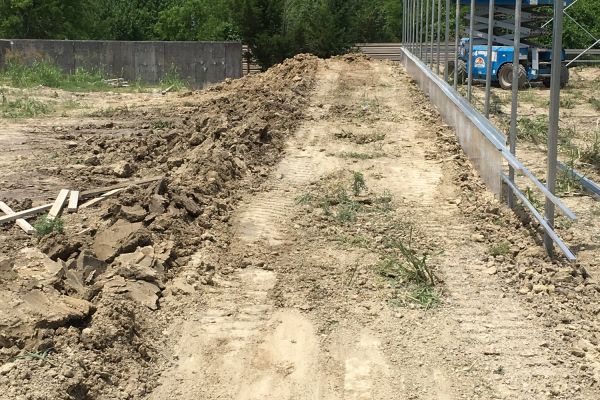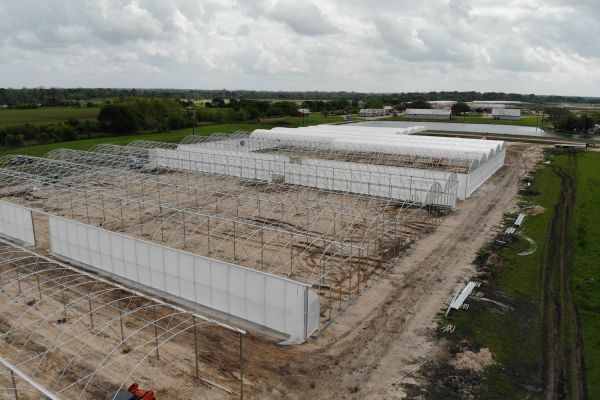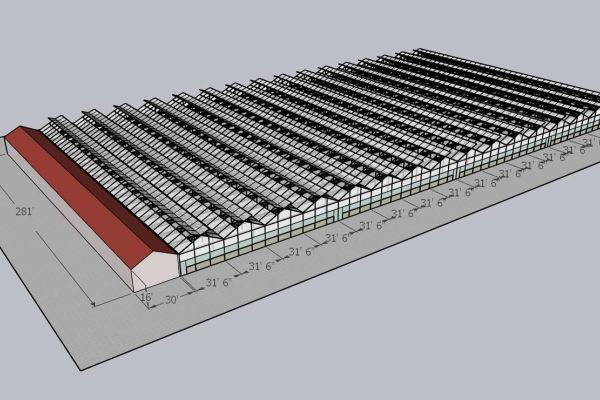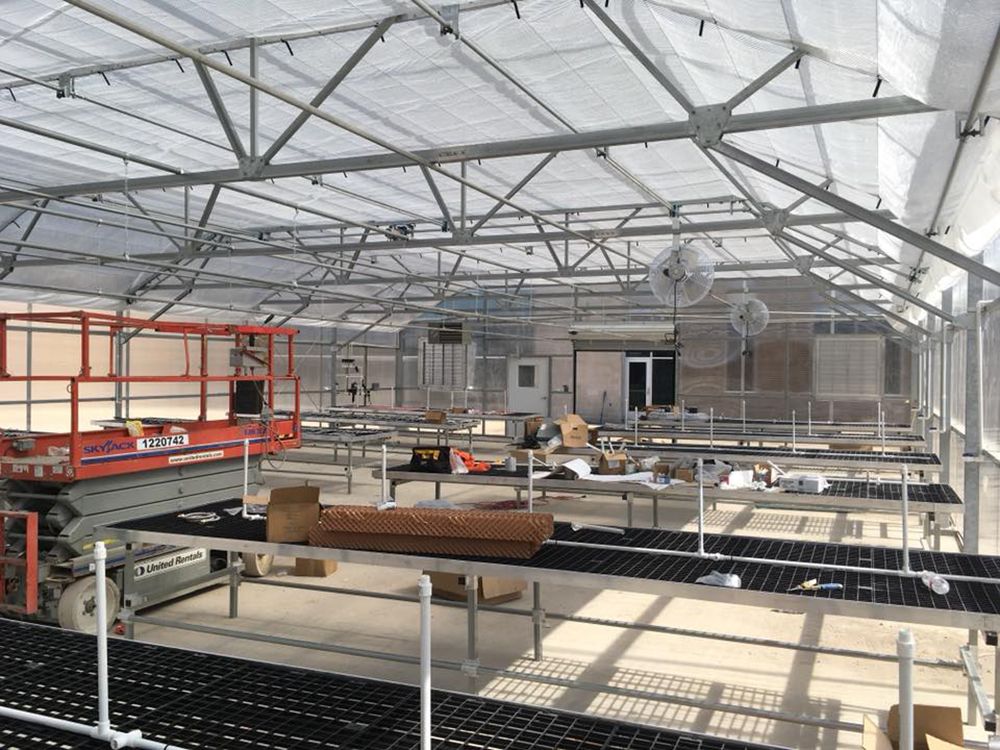
Tips for Successful Commercial Construction Management
Managing a commercial construction project is a complex and demanding task that requires a blend of technical expertise, strategic planning, and effective communication. Successful commercial construction management can ensure that projects are completed on time, within budget, and to the required quality standards. Here are some essential tips for achieving success in commercial construction management.
1. Detailed Planning and Scheduling
1.1 Comprehensive Project Plan
-
Tip: Develop a detailed project plan that outlines the scope, objectives, timelines, and deliverables. Include all phases of the project, from initial design and permitting to construction and final inspection.
-
Consideration: Break down the project into manageable tasks and milestones, assigning responsibilities to team members and setting clear deadlines.
1.2 Realistic Scheduling
-
Tip: Create a realistic and flexible project schedule that accounts for potential delays and unforeseen challenges.
-
Consideration: Use project management software to track progress and adjust the schedule as needed. Ensure that the schedule is communicated to all stakeholders.
2. Effective Budget Management
2.1 Accurate Budget Estimation
-
Tip: Develop a detailed budget that includes all project costs, such as materials, labor, permits, and contingency funds.
-
Consideration: Regularly review and update the budget to reflect actual expenses and adjust for any changes in project scope.
2.2 Cost Control
-
Tip: Implement strict cost control measures to prevent budget overruns. Monitor expenses closely and make adjustments as needed to stay within budget.
-
Consideration: Use financial management tools to track costs and generate reports for analysis. Conduct regular financial reviews with the project team.
3. Strong Team Collaboration
3.1 Clear Communication Channels
-
Tip: Establish clear communication channels to ensure that all team members are informed and engaged. Regular meetings and updates are crucial for maintaining alignment.
-
Consideration: Use collaboration tools and platforms to facilitate communication and information sharing among team members, contractors, and stakeholders.
3.2 Defined Roles and Responsibilities
-
Tip: Clearly define roles and responsibilities for all team members to avoid confusion and ensure accountability.
-
Consideration: Create an organizational chart that outlines the project team structure and individual responsibilities. Ensure that everyone understands their role and how it contributes to the project’s success.
4. Quality Control and Assurance
4.1 Rigorous Quality Standards
-
Tip: Implement rigorous quality control standards to ensure that all work meets the required specifications and standards.
-
Consideration: Conduct regular inspections and testing throughout the construction process. Engage experienced quality control professionals to oversee the work.
4.2 Continuous Improvement
-
Tip: Foster a culture of continuous improvement by encouraging feedback and learning from past projects.
-
Consideration: Document lessons learned and best practices to apply to future projects. Hold debrief sessions with the project team to discuss what went well and what could be improved.
5. Risk Management
5.1 Risk Identification and Assessment
-
Tip: Identify potential risks early in the project and assess their impact on the schedule, budget, and quality.
-
Consideration: Develop a risk management plan that includes strategies for mitigating identified risks. Regularly review and update the risk plan as the project progresses.
5.2 Contingency Planning
-
Tip: Prepare contingency plans for dealing with unexpected issues or delays. Having backup plans can minimize disruptions and keep the project on track.
-
Consideration: Allocate contingency funds and resources to address potential problems quickly and effectively.
6. Regulatory Compliance
6.1 Understanding Regulations
-
Tip: Ensure that the project complies with all relevant building codes, zoning laws, and environmental regulations.
-
Consideration: Stay informed about regulatory changes and engage with local authorities early in the project to secure necessary permits and approvals.
6.2 Documentation and Reporting
-
Tip: Maintain thorough documentation and records of all project activities, decisions, and communications.
-
Consideration: Use project management software to organize and store documents securely. Regularly update stakeholders on the project’s compliance status.
7. Technology Utilization
7.1 Adoption of Advanced Tools
-
Tip: Leverage advanced construction management tools and technologies, such as Building Information Modeling (BIM), drones, and project management software.
-
Consideration: Train the project team on how to use these tools effectively. Integrate technology into daily operations to enhance efficiency and accuracy.
7.2 Data Management
-
Tip: Implement robust data management practices to handle the vast amounts of information generated during the project.
-
Consideration: Use cloud-based solutions to store and manage data securely. Ensure that all team members have access to up-to-date project information.
Conclusion
Successful commercial construction management requires a strategic approach, effective communication, and a commitment to quality and safety. By following these tips, project managers can navigate the complexities of commercial construction and deliver projects that meet or exceed client expectations. Remember, the key to success lies in meticulous planning, continuous monitoring, and the ability to adapt to changing circumstances.
For further advice or personalized strategies tailored to your specific project, don’t hesitate to reach out. Effective construction management is an ongoing process of learning and improvement!
Most Popular Greenhouse Articles


